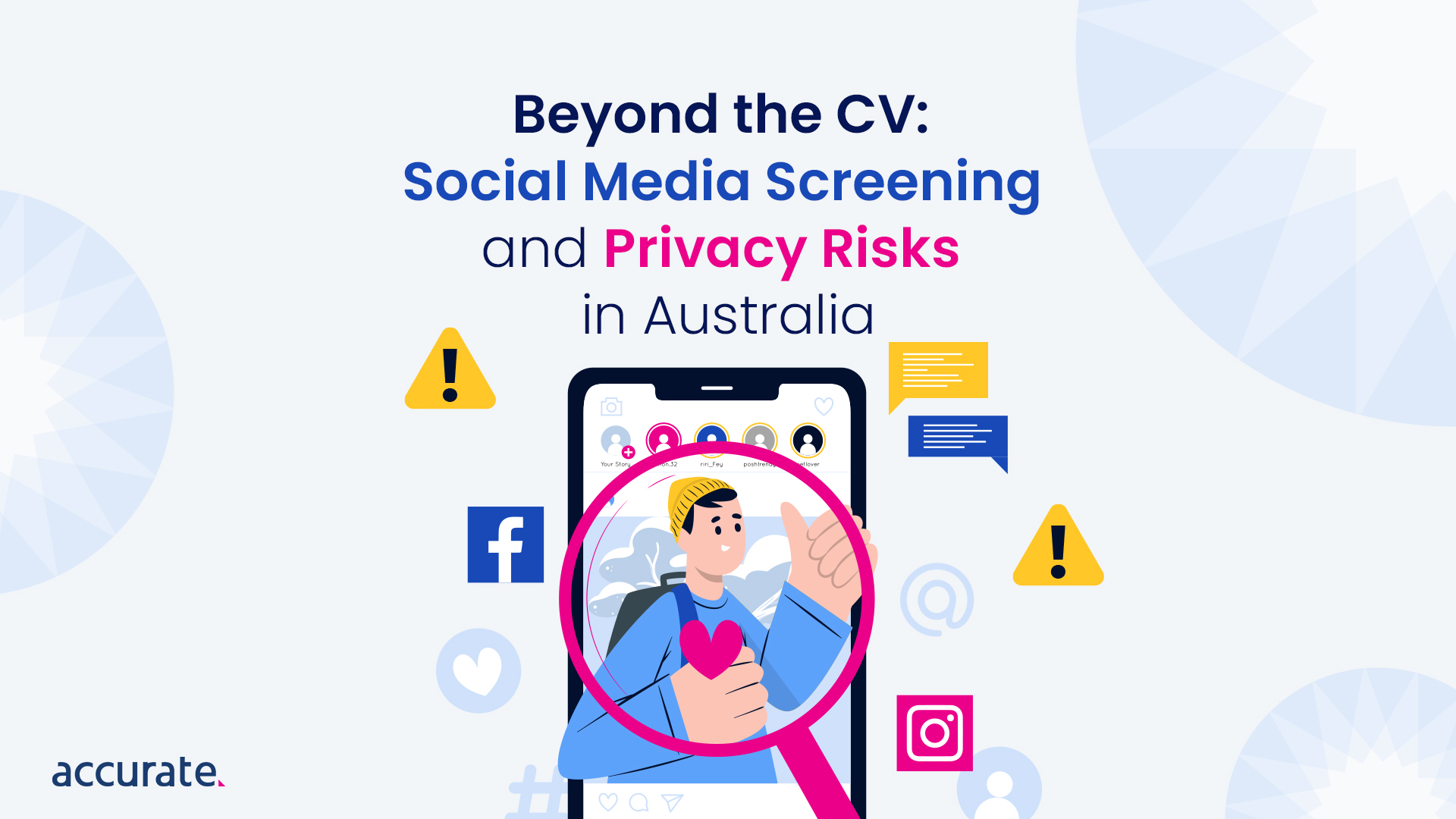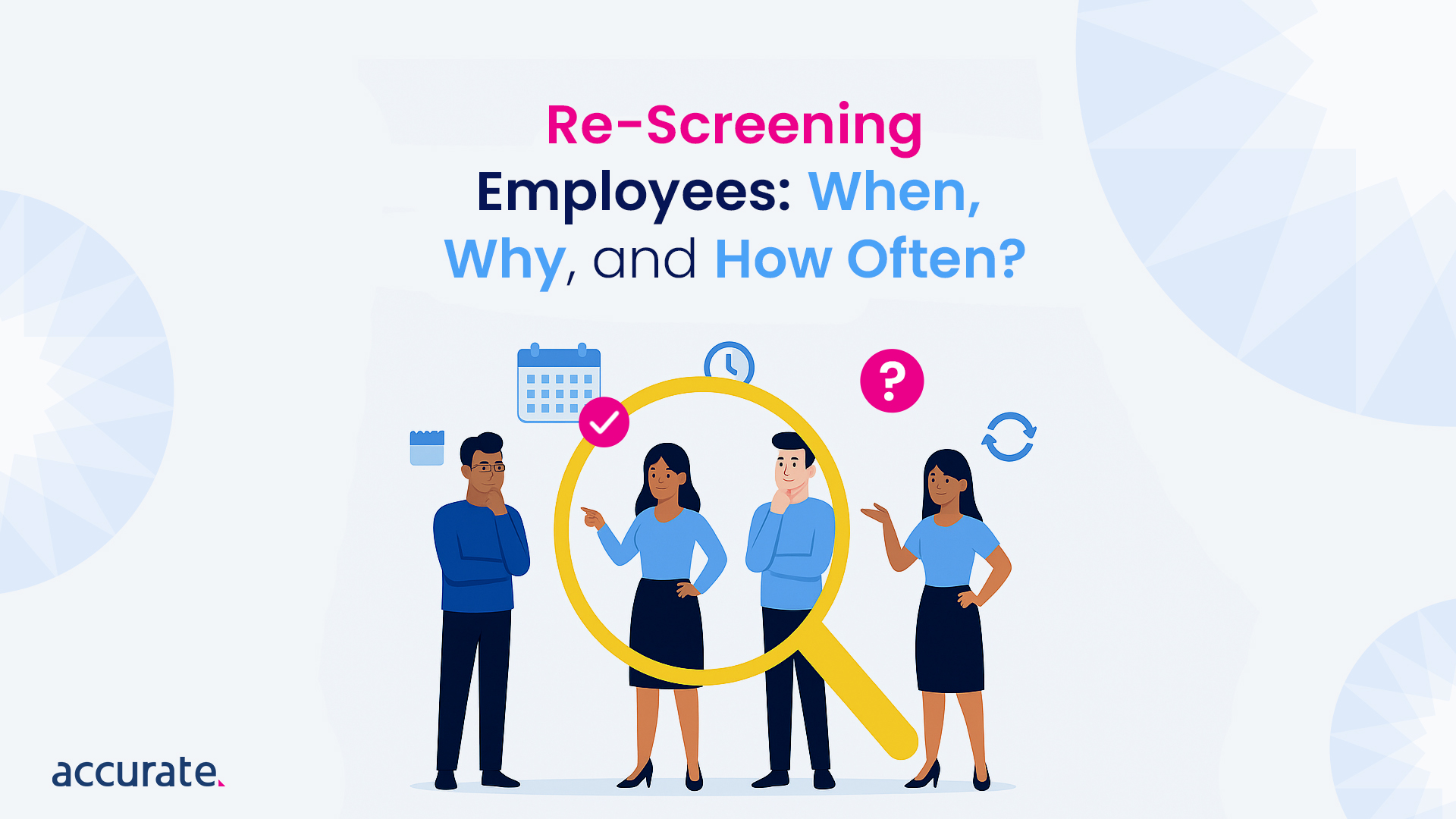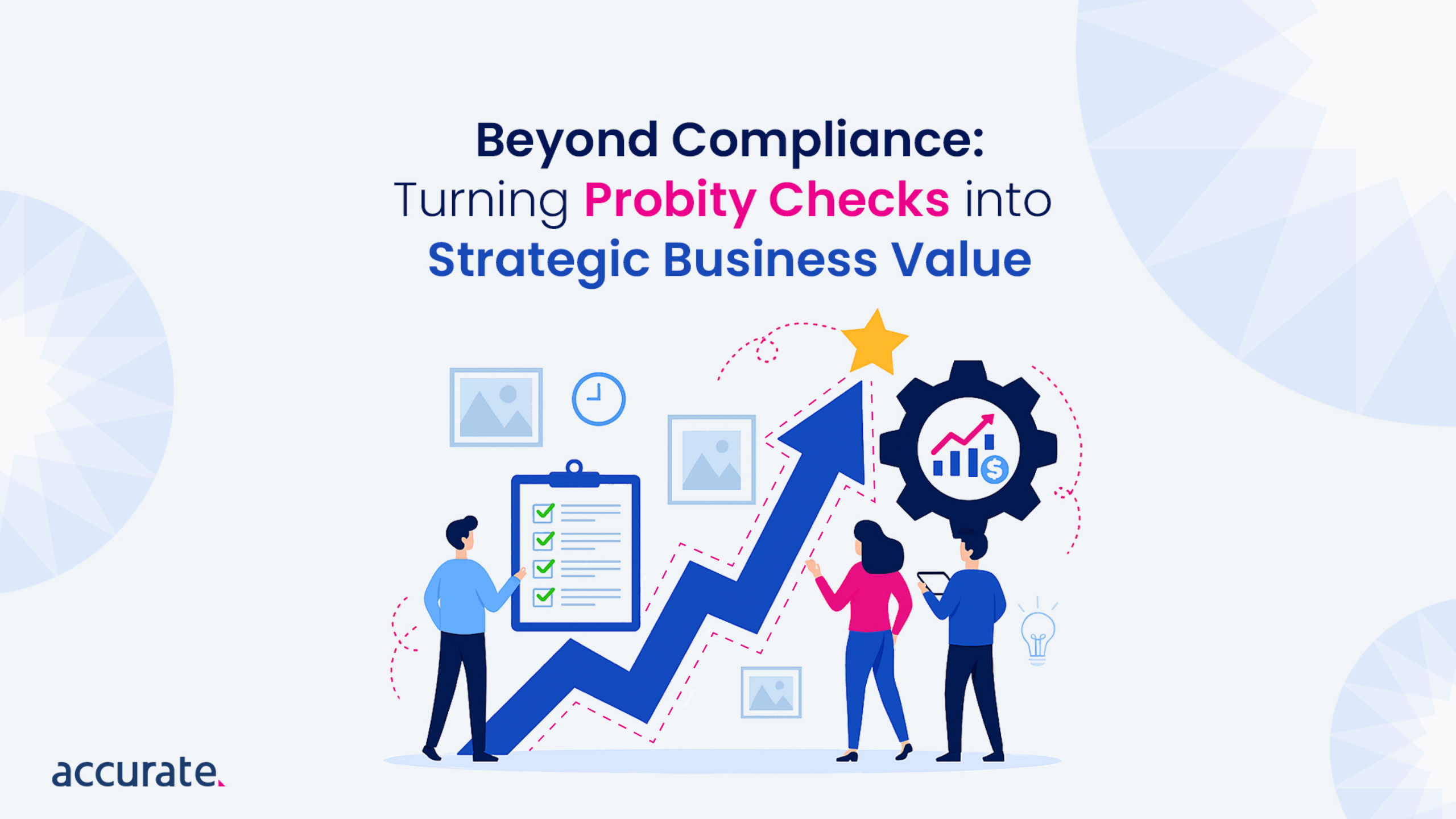In today’s recruitment process, many employers look beyond traditional resumes and interviews by reviewing candidates’ social media profiles. Social media screening has become a common practice for gaining insights into a candidate’s character, cultural fit, and potential risks.
In Australia, this practice is increasingly prevalent. However, examining social media can also lead to significant privacy and legal issues if not handled responsibly.
Employers need to balance their desire for thorough background information against respecting the candidate’s rights and staying compliant with Australia’s privacy and anti-discrimination laws.
This article explores the reasons employers use social media screening, its potential risks, and how Australian employers can avoid legal pitfalls.
What is Social Media Screening and Why Do Employers Use It?
Social media screening involves reviewing publicly accessible social media platforms such as LinkedIn, Facebook, Instagram, Twitter, and others to gather additional insights into a candidate’s personal and professional background.
Unlike traditional background checks, social media provides a glimpse into the candidate’s personality, interests, interactions, and behavioural tendencies outside professional contexts.
Employers undertake social media screening primarily to:
- Confirm information provided by the candidate (e.g., professional history, qualifications).
- Identify potential behavioural concerns or risks (e.g., discriminatory behaviour, offensive content, or evidence of illegal activities).
- Assess a candidate’s potential cultural fit within the organisation.
Recent research indicates employers commonly screen for red flags such as evidence of discriminatory remarks, illegal drug use, violent behaviour, and negative commentary about former employers or colleagues.
Given the more personal nature of this content, employers can gain deeper insight into a candidate’s suitability beyond their professional qualifications.
Benefits vs. Risks of Social Media Screening
Social media screening offers several advantages to employers. It can reduce the likelihood of hiring problematic candidates, confirm candidate credentials, and help ensure alignment with organisational values.
Organisations using screening effectively can mitigate workplace issues by identifying behaviours incompatible with their company culture or reputation early in the recruitment process.
However, these benefits come with notable risks. Employers who fail to conduct screenings appropriately may face legal repercussions, including accusations of privacy violations and discrimination.
Mismanagement of social media information can inadvertently introduce bias into the hiring process, increasing the risk of discrimination claims based on race, gender, age, or other protected characteristics. Social media profiles may also simply reveal lifestyle factors and personal tendencies that the reviewer doesn’t like, which could also result in an unfair hiring decision.
Additionally, poorly handled screenings may damage an organisation’s reputation and trust among candidates and the broader community.
Therefore, organisations must approach social media screening with clear guidelines, careful execution, and a comprehensive understanding of applicable Australian laws.
Legal Landscape in Australia: Privacy and Discrimination
Australian employers undertaking social media screening must adhere to several key legislative frameworks, particularly the Privacy Act 1988 (Cth) and various anti-discrimination laws.
Privacy Act 1988 (Cth)
The Privacy Act and Australian Privacy Principles (APPs) govern the collection, use, and storage of personal information. Organisations must:
- Collect only information directly relevant to the candidate’s potential employment.
- Ensure information is collected by lawful and fair means.
- Provide candidates with clear notice if personal data from their social media accounts is collected during recruitment.
Sensitive information, such as a candidate’s political views, religious beliefs, ethnicity, sexual orientation, or health status, requires explicit consent from the candidate before collection.
Employers must ensure they do not inadvertently capture sensitive information without permission during social media checks.
Anti-Discrimination Laws
Australia has robust anti-discrimination laws at both state and federal levels.
It is illegal to discriminate against candidates based on protected characteristics such as race, gender, age, disability, sexual orientation, marital status, pregnancy, or political beliefs.
Social media profiles often contain extensive personal information, making employers vulnerable to accusations of bias or discrimination if they reject candidates based on protected attributes visible online.
Employers must be vigilant to ensure social media content unrelated to job performance does not influence recruitment decisions.
Fair Work Act General Protections
The Fair Work Act 2009 provides general protections against adverse action, such as rejecting a candidate due to lawful activities like union membership, workplace complaints, or exercising workplace rights.
Employers must carefully avoid using social media information that relates to lawful off-duty conduct as grounds for adverse hiring decisions.
Privacy Risks of Social Media Screening
Social media screening can raise serious privacy concerns. Candidates often perceive their personal profiles as private, even if publicly accessible. Employers must avoid invasive practices such as attempting to access private content or demanding passwords from applicants, as these practices breach privacy expectations and may violate laws.
Employers also risk collecting irrelevant or unnecessary information. Social media often contains personal details unrelated to job performance, such as family life or leisure activities. Storing and handling this irrelevant information can lead to privacy complaints and potential legal consequences.
Additionally, collected social media data requires secure handling and storage. Employers must protect this information against misuse or breaches.
Candidates can request access to recruitment records, including notes taken during screenings, meaning employers must maintain professional and relevant documentation.
Best Practices for Social Media Screening (Protecting Privacy and Staying Legal)
Employers can follow these best practices to ensure responsible social media screening:
- Inform Candidates: Clearly communicate to candidates if social media screening is part of your recruitment process, ideally through written consent.
- Public Content Only: Review only publicly available information. Never request access to private accounts or passwords.
- Relevant Information: Develop clear, job-related criteria to assess social media content, avoiding protected attributes or irrelevant personal details.
- Late-stage Screening: Conduct social media checks later in the recruitment process, after initial interviews or a conditional offer of employment, to minimise bias.
- Neutral Review: Consider using a neutral party or third-party screening service to objectively assess social media content.
- Consistency and Documentation: Apply screening consistently across candidates, and clearly document criteria and decisions.
- Data Minimisation: Retain social media information only as long as necessary, securely deleting it afterwards.
| Do’s | Don’ts |
| Inform candidates about screening procedures | Ask for social media passwords or private access |
| Focus only on public content | Collect sensitive information without consent |
| Document clear and job-related criteria | Let irrelevant personal content influence decisions |
| Maintain secure data handling | Retain unnecessary social media data |
Key Takeaways
- Social media screening provides valuable insights but carries significant privacy and legal risks.
- Australian privacy and anti-discrimination laws require employers to handle social media screening transparently and responsibly.
- Best practices include transparency, focusing only on public and relevant content, consistent application, and secure data handling.
- Employers must avoid invasive practices and ensure screening processes do not inadvertently introduce bias or discrimination.
FAQs
Is social media screening legal in Australia?
Yes, social media screening is legal if conducted responsibly and in compliance with Australian privacy and anti-discrimination laws. Employers must only review publicly accessible information and clearly inform candidates of this practice.
Do employers need candidate consent to screen social media profiles?
Explicit consent is recommended, particularly when sensitive information could be inadvertently collected. Employers should inform candidates if social media screening is part of their recruitment process.
What social media content should employers avoid using in hiring decisions?
Employers must avoid using protected characteristics such as race, gender, age, sexual orientation, religious beliefs, and lawful off-duty conduct to influence hiring decisions. Focus should remain solely on job-relevant content.
How should employers handle negative information discovered through social media?
Employers should assess the relevance and severity of negative content. It is advisable to discuss concerns directly with candidates, allowing them to provide context or clarification. Decisions should be consistently documented and based solely on job-related criteria.



